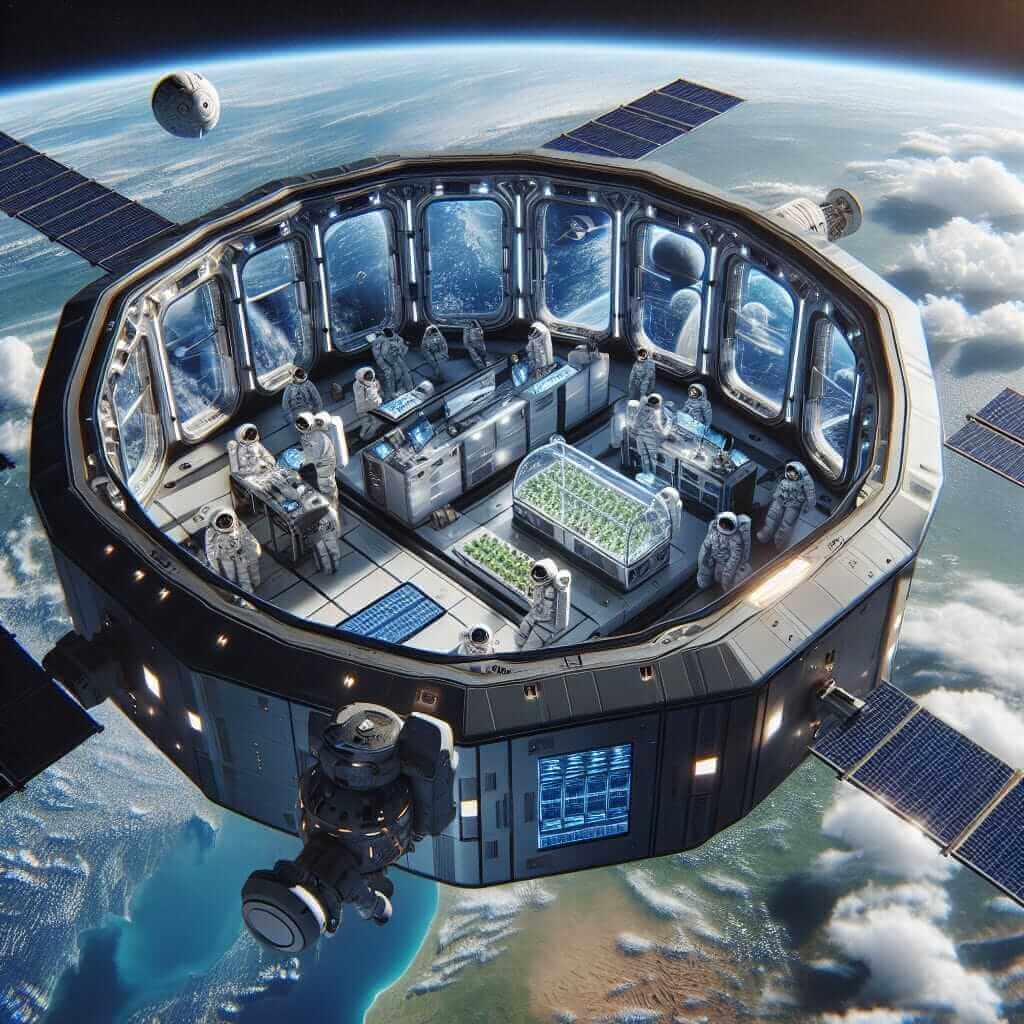Space exploration has been a topic of fascination and debate since the mid-20th century. This interest is reflected in the IELTS Writing Task 2 subjects, which often delve into its myriad impacts, particularly on scientific research. In this article, we’ll delve into how space exploration has influenced scientific research and provide a comprehensive IELTS Writing Task 2 sample essay.
Understanding the Topic
Common Questions
- What are the benefits of space exploration for scientific discovery?
- How has space travel advanced our understanding of the universe?
- What are the potential drawbacks of investing in space exploration?
Keywords and LSI Keywords
- Space exploration
- Scientific research
- Technological innovation
- Space travel benefits
- Investment in space programs
Possible IELTS Writing Task 2 Prompts
- Some people believe that space exploration is beneficial for scientific research. To what extent do you agree or disagree?
- Many people argue that the money spent on space exploration could be better used on solving problems on Earth. Discuss both views and give your opinion.
- Space exploration has led to many scientific breakthroughs. Discuss the positive and negative effects of space research.
Chosen Topic for Sample Essay
Prompt: Some people believe that space exploration is beneficial for scientific research. To what extent do you agree or disagree?
Analyzing the Prompt
This is an “agree or disagree” type question requiring you to provide a clear stance. You can either fully agree, fully disagree, or partially agree with certain qualifications. It’s essential to support your opinion with well-structured arguments.
Sample Essay
Introduction
Space exploration has significantly expanded our scientific knowledge and technological capabilities. While opinions vary on its overall value, many people believe its contributions to scientific research are invaluable. This essay agrees with this view, contending that space exploration has led to numerous scientific advancements and continues to offer promising possibilities for future discoveries.

Body Paragraph 1: Advancements in Scientific Knowledge
One of the primary benefits of space exploration is its contribution to our understanding of the universe. Missions to other planets, satellites, and the International Space Station (ISS) have provided unprecedented insights into cosmic phenomena, from the composition of celestial bodies to the behavior of physical laws in microgravity.
For instance, experiments conducted aboard the ISS have enhanced our understanding of human physiology by studying the effects of long-term space travel on the human body. These findings have not only scientific value but also practical applications in medicine, potentially leading to improvements in healthcare on Earth.
Body Paragraph 2: Technological Innovation
Furthermore, the demands of space exploration have driven technological innovation, resulting in numerous spinoffs that benefit society. Technologies initially developed for space missions, such as satellite communication and GPS systems, have been integrated into everyday life.
Additionally, advancements in material science, robotics, and computer technology, driven by the need for durable and efficient equipment in space, have wide-ranging applications across various industries. These innovations underscore the far-reaching impact of space research beyond the confines of the space sector.
Body Paragraph 3: Potential for Future Breakthroughs
The potential for future breakthroughs makes continued investment in space exploration even more compelling. Projects like Mars colonization, asteroid mining, and the search for extraterrestrial life hold promise for revolutionary discoveries that could reshape our understanding of the universe and our place within it.
Moreover, space exploration fosters international collaboration. Partnerships among countries in space missions encourage knowledge-sharing and collective problem-solving, which is vital for global scientific progress.
Conclusion
In conclusion, the scientific benefits of space exploration are multifaceted, offering profound insights into the universe, fostering technological advancements, and holding the potential for future groundbreaking discoveries. It is clear that the investment in space exploration has proven and will continue to prove immensely beneficial for scientific research, justifying the resources allocated to it.
(Word count: 367)
Key Considerations When Writing on This Topic
- Structure: Ensure a clear essay structure with an introduction, body paragraphs, and conclusion.
- Vocabulary: Use subject-specific vocabulary such as “celestial bodies,” “microgravity,” “ISS,” and so on.
- Grammar: Pay attention to complex sentence structures, ensuring grammatical accuracy.
- Examples: Use relevant and specific examples to support your points.
Vocabulary to Remember
- Celestial bodies (noun): Objects such as planets, stars, and moons that are located in space. /səˈlɛs.tʃəl ˈbɒd.iz/
- Microgravity (noun): The condition of experiencing very weak gravitational forces. /ˌmaɪ.krəʊˈɡræv.ɪ.ti/
- Technological innovation (noun): New or improved technology that offers significant advancements. /tɛkˈnɒl ə ˌdʒɪk əl ɪˌnəʊˈveɪʃən/
- Physiology (noun): The branch of biology dealing with the functions and activities of living organisms and their parts. /ˌfɪz.iˈɒl.ə.dʒi/
- International collaboration (noun): Cooperative projects and initiatives undertaken by multiple countries. /ˌɪn.təˈnæʃ.ən.əl ˌkə.læb.əˈreɪ.ʃən/
Conclusion
Space exploration remains a pertinent and enriching subject for IELTS Writing Task 2. Through this analysis and essay sample, hopefully, you can better appreciate its impact on scientific research. Practice writing your essays on related topics to improve and prepare for the IELTS exam effectively.